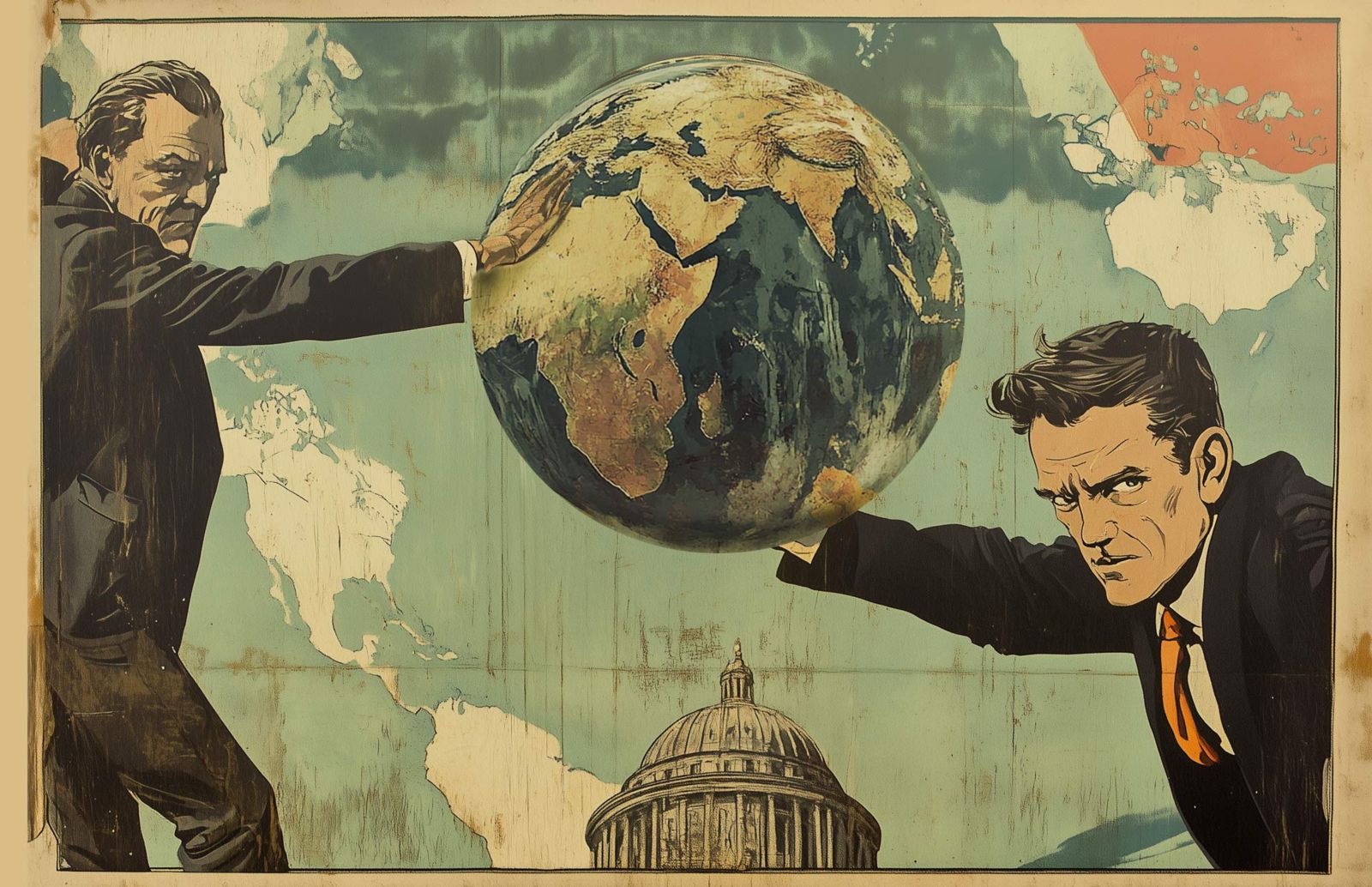Around the world, autocratic and populist leaders are using four common strategies to dominate or undermine courts that would otherwise check their power and extend equal access to justice.
How autocratic leaders thwart checks and balances
The first strategy, capturing, increases political control over courts, allowing so-called “strong leaders” to shift the goals of the system from universal access to justice to justice for the well-connected. Politicians may seek to increase their control over the courts by changing appointment processes, expanding the size or number of courts, removing existing judges—even replacing sitting judges with those chosen through political elections.
The second strategy is curbing. Rather than usurping control, this strategy involves diminishing the judiciary’s overall power and capacity—especially its ability to check a leader’s excesses. To achieve this, politicians may remove or restrict courts’ jurisdiction to review legislation, attempt to mandate less stringent standards of review, or limit judicial oversight. They may also curb courts’ power through severe resource reductions or dramatic workload increases that make justice services functionally unavailable.
The third kind of attack, instrumentalizing, occurs when political actors misuse existing legal institutions, procedures, and laws to exert political influence over justice actors. Judges, prosecutors, and lawyers who hold state officials to account may be subjected to disciplinary measures and even criminal prosecution. A similar fate sometimes awaits community justice workers who insist that everyone should have a seat at the justice table.
As harmful as such attacks are, there are even more drastic violations, which we call weaponizing—an extreme form of assault on independent justice operators. In its “mildest” form, politicians publicly disparage justice actors, including denigrating their personal characteristics or identities, describing them using degrading or humiliating terms, or designating them “enemies” of the state.
In the worst cases, governments do not stop at insults. In some countries, judges and prosecutors have been subjected to temporary disappearances. Lawyers and community justice workers have been tortured or even assassinated in circumstances that suggest state involvement or extreme negligence in the face of public vitriol. These flagrantly unlawful actions are an unconscionable threat to the independence required for justice actors to enforce constitutional checks on executive or legislative power.
Access to justice as an integral aspect of democracy-building efforts
The leaders who carry out these strategies often try to justify their actions by claiming that judges are standing in the way of the will of “the people.” Indeed, their public-facing rhetoric often deploys a critique of the supposedly non-democratic nature of the judiciary.
But we know that the opposite is true. A truly independent and impartial judiciary does not undermine the will of the people—it protects it. Independent judges ensure that everyone, even the state itself, is accountable to the constitution and the laws passed by the people. It is an essential component of—not a hindrance to—democracy.
This idea—that there is a democratic deficit in independent legal systems—plays on a standard populist framing of justice actors as remote elites. But it also depends on a very real sense of distance and even abandonment that many communities feel in relation to their justice systems.
After all, not everyone truly can trust that their rights are protected by the justice system. The striking data quantifying the justice gap and the especially heavy price it exacts on poor and marginalized communities helps to explain why the rhetoric used by many “strong leaders” is finding such a receptive audience. When people do not feel that justice institutions have been designed to advance their rights, they are unlikely to object to attacks on those institutions.
In contrast, when citizens feel connected to their justice systems, these systems—and the people who make them function—are in turn recognized as central to democracy and human rights and worthy of protection.
This is why we at NYU Law School’s Bernstein Institute for Human Rights are working to demonstrate—through stories, but also through evidence and data—that a powerful antidote to the threats that instrumentalize dissatisfaction with justice systems is to revitalize—or cultivate anew—public engagement in justice institutions. This effort builds on the crucial work of the Grassroots Justice Network to document how legal empowerment efforts are fighting repression and deepening democracy. Expanding equal access to justice is one of the most powerful ways to combat the pull of populism and autocracy.
Moving toward people-centered justice mechanisms
People-centered justice strengthens the fabric of society—and indeed of democracy—by deepening the relationship between marginalized communities and their governments. When judges and lawyers join hands with community justice workers to expand access to justice to every corner of a society, when they heed the lessons borne of exclusion, the result is justice systems that are more just, more responsive, and more resilient in the face of populist attacks.
To paraphrase what a judge from Kenya recently said, “Most judges think of their constituents as the people who appear before them in the courtroom. But I think of things more broadly. I think of my constituents as the people who should appear in my courtroom, the people who the law could help if only they were able to access it.”
Resisting the strategies of autocrats and populists requires a frank recognition that justice systems have been failing too many people for too long. By embracing the insights of those left unprotected by the law, judges, lawyers, and community justice workers can build resilience to democratic decline and autocratic takeover.
This blog is part of a series in partnership with Namati. See other blogs in this series here.




